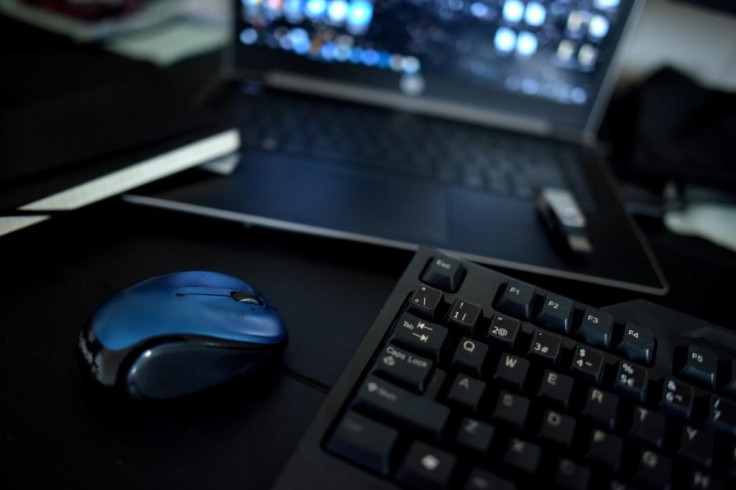Working hours down but burnout up as workers in the UK try to find work-life balance
Figures show UK workers are working less than in the past but are feeling more burnout, with the effects of Covid-19 and mobile smartphones being prime culprits.

"In the past people worked harder" - a classic line from the dinner table, usually announced by an older family member. According to new research, it seems that they are right. But it's worth considering that despite gaining free time, things might not be as good as they seem.
According to ONS figures Brits are working 5 per cent fewer hours than before. The figures show that in 1993 people were working 38.4 hours a week, which is 1.8 hours less than it is today, adding up to 94 hours annually.
The standard 37.5 hours per week had taken hold by 2003 and remained stable up until 2019. But that all changed after the COVID-19 pandemic - as it has now dropped to 36.8 hours.
PR agency Lem-uhm analysed the ONS figures and concluded that the pandemic caused workers in the UK to address their work-life balance. Riannon Palmer, who is the Managing Director at Lem-uhn, said: "Everyone slowed down and took a step back from their normal lives including working routines.
She added: "I believe this provided the opportunity for individuals to reassess their priorities and many realised that a happier life was what they value most."
It's certainly true that employers and employees have started taking the work-life balance dilemma seriously. Recently, it was reported that many UK firms are considering a four-day workweek.
But does fewer hours on the schedule actually mean more opportunity to use our free time? A separate study released this month by Onward isn't so sure. It said that despite there not being an increase in working hours, more workers in the UK are feeling more burnout than workers 50 years ago.
Why? Unsurprisingly, mobile phone is the prime culprit.
The report stated: "The blurring of the work-personal life distinction is the leading cause of burnout." Further adding that mobile phones had "blurred" these lines.
The COVID-19 pandemic was also the time when people started to rely more heavily on digital technology. Unable to go into the office to work, we used our phones and computers to keep in contact with colleagues from our homes.
Remote working increased during the pandemic and has continued to be popular since then. For some people, this has been great. Remote working has given them the chance to be around loved ones, more flexibility to manage their schedule, the opportunity to be more efficient, and has provided them with more possible free time at their disposal - if used correctly.
But there are drawbacks too. In a world where slowly there has been no clear divide between working in the office and working at home, many people find it harder to disconnect from their work.
The work-life balance is increasingly upset by the ability to answer emails and complete tasks outside of the office, because of mobile phones and laptops which have made it more difficult for people to switch off from work mode. This can lead to burnout as there is a feeling that your work hours never end.
As the report Onward concluded, it's not just the amount of time not working we have to consider, it is also the quality. That's something to mention to your older relatives over your next meal together.
© Copyright IBTimes 2024. All rights reserved.





